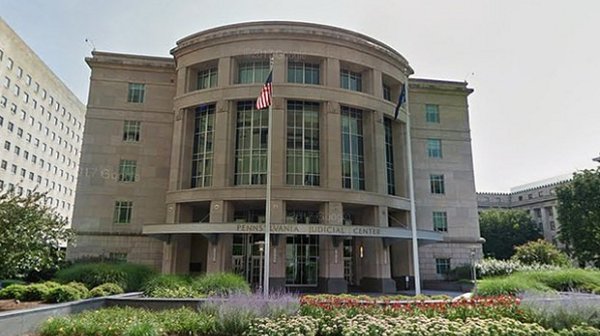Happy New Year from the PARSOL Board of Directors! Thank you for reading our Winter 2022 Newsletter. 2021 has been a busy year advocating for the dignity of Pennsylvanians who are forced to register. Rest assured that 2022 will only be busier. We continually keep a close eye on the legal challenges to PA’s registry that are making their way…
Read MoreCategory: PA News
Another Blow to SORNA I with Failure to Register Conviction Relief
December 22, 2021 has seen the release of many case opinions from the PA Supreme Court (SCOPA) with Commonwealth v. David Santana being the biggest win for our advocacy efforts. In a 5-2 decision, SCOPA affirmed the Superior Court’s opinion that “Mr. Santana’s registration requirement under SORNA was an after-the-fact punishment, and therefore unconstitutional. Accordingly, he had no duty to…
Read MoreNewsletter #4, November 2021
Warm greetings from the PARSOL Board of Directors. Thank you for having a look at our Autumn 2021 Newsletter. Since our last newsletter in July, we have been busy advocating for the dignity of Pennsylvanians who are forced to register. We have also kept a close eye on the legal challenges to PA’s registry that are making their way through…
Read MorePSP Denied Power to Intervene Article
The Superior Court QUASHED the appeal of PSP in Commonwealth v. Kale on May 5, 2020 when the Trial Court denied their “Emergency Motion to Intervene and Vacate Order Nunc Pro Tunc” arguing that the Defendant should not be removed from the registry. PSP argued they have “standing to appear and contest a filing in a court of this Commonwealth…
Read MoreCosby Conviction Vacated
By Jeremy Roebuck and Laura McCrystal Bill Cosby was released from prison Wednesday after the Pennsylvania Supreme Court overturned his sexual assault conviction and barred him from being retried. upending the first high-profile celebrity conviction of the #MeToo era. The justices ruled the 83-year-old comedian — who has served more than two years of a three-to-10-year sentence — had been denied…
Read MoreNewsletter #3, July 2021
Warm greetings from the PARSOL Board of Directors. Thank you for having a look at our Summer 2021 Newsletter. Since our last newsletter in February, we have been busy advocating for the dignity of Pennsylvanians who are forced to register as well as educating policy makers on the ways that we can reduce sexual offenses. We have also kept a…
Read MoreNewsletter #2, February 2021
Greetings to our supporters around the Commonwealth. I hope that the winter has treated you well and that you are enjoying the passing of the seasons. It has been six months since we last sent a Newsletter. During that time, we at PARSOL have seen encouraging expansion and have continued to do our best to advance our Mission: A PA…
Read MoreLegal challenge to strike down PA’s Registry given a green light
Commonwealth v. Torsilieri Update 1/15/21 The fate of the public sex offender registry in PA will be determined sometime this year or next. Either defendant Torsilieri’s challenge will again reach the Supreme Court of PA, or the Commonwealth will be able to convince lower judges of their argument. (For a history of this momentous case and its significant delay, please…
Read MoreEx Post Facto Challenges Fall Short
We have seen it again. The Pennsylvania Supreme Court (SCOPA) has relied on Commonwealth v. Lacombe in the ruling of T.S. v. PA State Police (PSP). T.S. argued that PA’s SORNA Subchapter I violated the Federal and State Ex Post Facto Clauses. The basis of his argument is on the fact that his offense occurred prior to the enactment of…
Read MoreSupreme Court Rules on T.S. v. PA State Police
The Pennsylvania Supreme Court (SCOPA) has relied on Commonwealth v. Lacombe in the ruling of T.S. v. PA State Police (PSP). T.S. argued that PA’s SORNA Subchapter I violated the Federal and State Ex Post Facto Clauses. The basis of his argument is on the fact that his offense occurred prior to the enactment of any PA registry. The problem…
Read More





